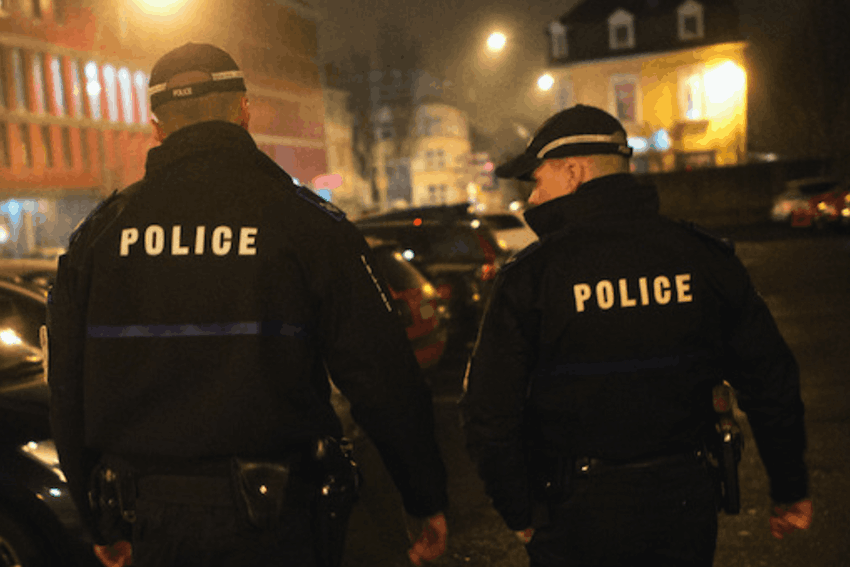Drug dealers and their clients have returned to streets near the central train station following the end of the virus lockdown, area residents and workers have complained.
That is an issue that Bausch and Sam Tanson, the justice minister (both of the Green party) raised with MPs, prosecutors and the police department last week.
30 additional police officers had already been assigned to the Gare district last autumn, as part of an action plan outlined in October 2019. That scheme was introduced following a public meeting during which residents expressed their frustrations with the two ministers, as well as Lydie Polfer, Luxembourg City mayor (DP), Serges Wilmes, first deputy mayor (CSV), Philippe Schrantz, director-general of the police, Patrick Even, police commander in charge of the district, Georges Oswald, deputy chief prosecutor, and Martine Wodelet, lead prosecutor.
Drug dealing down during lockdown
“We had really succeeded in improving the situation,” Bausch said last week. “Then, with confinement, the drug sellers pulled out because they had no more customers and because the borders were closed. They changed their strategy, moved south and north, to Ettelbruck.” But then the movement restrictions were lifted.
“Drug trafficking dropped during the period of confinement: fewer dealers, fewer seizures and fewer arrests too,” according to the police. “But even in March, April and May, arrests were made in the neighbourhood.” The precise statistics have already been delivered to MPs, but remain confidential until the publication of police force’s annual crime report. Police reportedly carried out fewer than 400 checks in April and 600 in May, compared to 600 to 1,000 before the covid-19 confinement.
“We are in the process of re-establishing checks as before the confinement,” Bausch stated. “We are fortunate to be able to conduct more patrols quickly because many festivities have been cancelled, like National Day. More police are available. And in September, we will be assigning some 50 new police officers who will be leaving the police academy to the Gare district.”
International cooperation required
Bausch argued that cross-border cooperation was needed to crackdown on drug dealers, since “the dealers come from abroad”. "I was to meet with the French interior minister on this subject, but the confinement stopped everything.”
However, faced with an international criminal network like the one allegedly fronted by Nigerian dealers, “Luxembourg must work with its neighbouring countries, especially France”, in particular by organising joint “crackdowns on each side of the border.”
“Collaboration needs to be intensified,” said Bausch. One additional challenge is that Nigeria often refuses the extradition of its nationals, he explained.
Legislation in progress
The deputy PM also aims to give legal means to police officers to eject the junkies from the doorways and corridors of the buildings where they camp out. “The current legislation indicates that in matters of police patrols, the police can clear [people] for reasons of health and imminent danger, but this retains a certain vagueness. There’s nothing you can do against someone who sits in front of a front door and stays quiet. Our lawyers are analysing how to fine-tune the law so that the police have the means to move someone who is obstructing the entrance to a store or building.”
That is a crucial point for residents in the Gare district--like a store manager who recently found a couple sleeping naked outside his door. “We’ve seen the same problem in the [city centre] in relation to organised gangs” who place beggars in front of stores.
Reported by Camille Frati for Paperjam; translated for Delano
